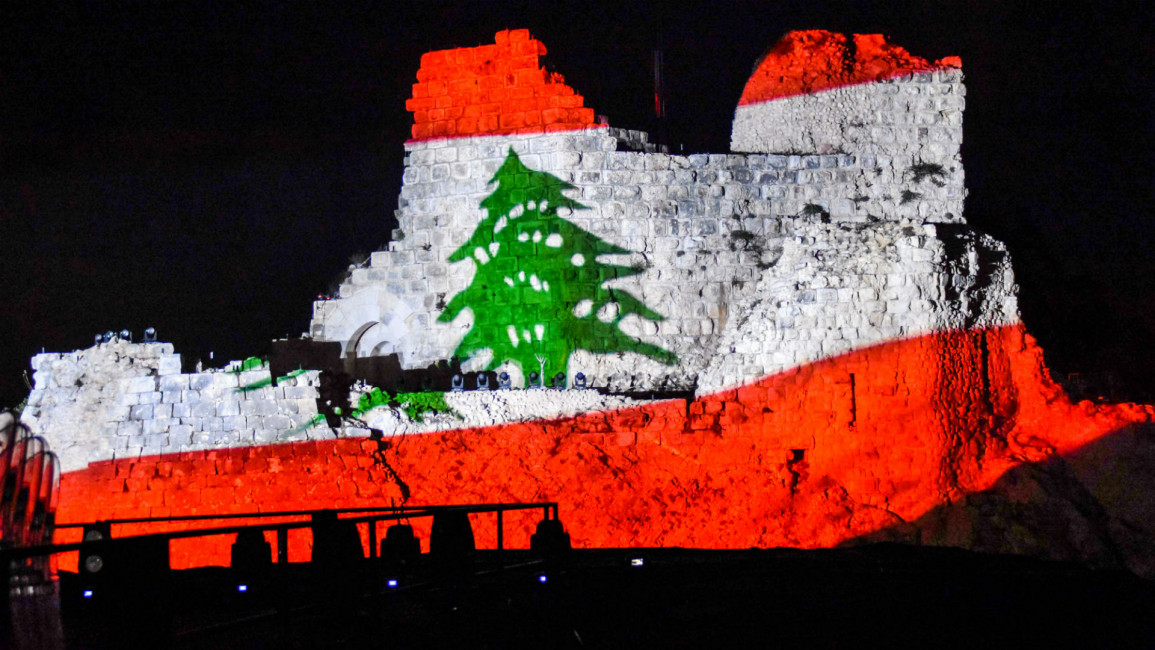Families torn by Lebanon civil war call for closure, not retribution
Relatives of people who disappeared during Lebanon's civil war called on the government on Wednesday to expedite the formation of a commission to look into the fate of their family members.
The families also urged those with information to come forward nearly three decades after the conflict ended, saying they are not seeking punishment but closure and to bury remains that can still be found.
According to Amnesty International, local and international organisations have identified sites of mass graves, but the authorities have previously refused to protect these.
Parliament earlier this month passed a law calling for the commission and affirming the right of relatives to know for families of an estimated 17,000 people missing in the 1975-1990 war. The law was a milestone - an official recognition of the problem after years of campaigning by the families.
Despite providing hope for closure for families of missing people, it is feared that the commission will ignite old hatreds lead to acts of retribution. But family members have sought to encourage people with information to come forward, stressing that they have chosen to trade forgiveness for the right to know.
"This law didn't come to create new conflicts but to end old ones," said Wadad Halwani, founder of the families of the missing committee whose husband was kidnapped in 1982.
"Our forgiveness is not personal. It is a humane message. We are trading accountability for the crimes of the past for a leap... toward the future."
Halwani said the law aims to regulate the flow of information, guaranteeing "the right environment" for those who choose to come forward "so we can turn the page of the past together... and close this file and end our sorrows".
The shadow of the civil war hovers over much of Lebanon's present and future, with no reconciliation and a sectarian-based political system that tries to preserve a negotiated balance between the sects that fought in the war.
The system often stalls when politicians disagree, including when it failed to elect a president or a parliament for years. Currently, politicians are unable to form a new government six months after a new parliament was elected. The stalemate is likely to further delay the naming of the commission.
Lawmakers bickered over the law for years, right up until the last minute of voting on 12 November.
Some introduced a clause that called for punishing those responsible for kidnappings, apparently seeking to upend a consensus vote.
The families said they didn't seek the clause.
"Any threat of punishment now can complicate finding the truth," said Nizar Saghieh, a rights lawyer from Legal Agenda who helped the families' campaign.
Saghieh said the clause was unnecessary since the crime of forced disappearance is punishable by Lebanese law and doesn't fall under the amnesty. But forced disappearance is a difficult crime to prove because people fear providing information or have passed away.
So families have chosen to seek information, not punishment.
Amnesty is only granted in the cases of enforced disappearance if the fate of the missing is determined, Saghieh said.
Some saw this as incentive for those with information to speak.
"This law doesn't allow for the amnesty if the fate of the missing is not determined. This for me is a victory," said Mariam Saidi, whose son has been missing since 1982.


![President Pezeshkian has denounced Israel's attacks on Lebanon [Getty]](/sites/default/files/styles/image_684x385/public/2173482924.jpeg?h=a5f2f23a&itok=q3evVtko)



 Follow the Middle East's top stories in English at The New Arab on Google News
Follow the Middle East's top stories in English at The New Arab on Google News


